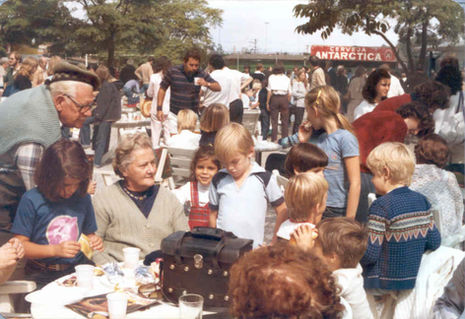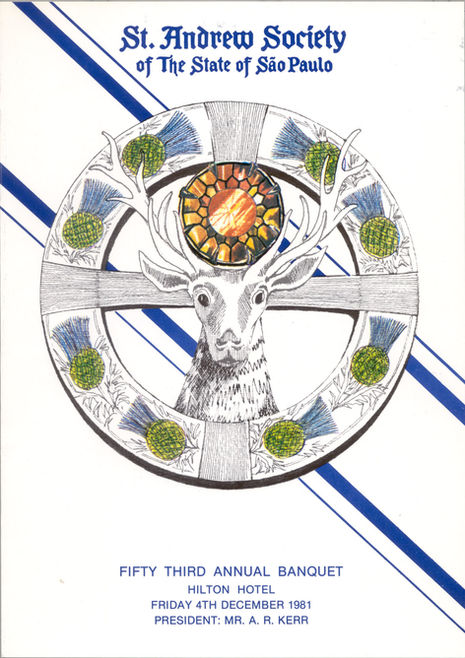A Century of Tradition
Create Your First Project
Start adding your projects to your portfolio. Click on "Manage Projects" to get started
1976-1999
Client:
Client Name
Year:
2035
Between 1975 and 2000, Brazil underwent a series of transformative events. The period began under military rule, which had been in place since a coup in 1964. As the 1970s progressed, the military government implemented economic policies that aimed to modernize the country, but they also led to high inflation and social inequality.
In the late 1970s and early 1980s, Brazil faced a movement for political liberalization. Civil society, including labor unions and grassroots organizations, mobilized against the military regime. The push for democracy gained momentum, culminating in the indirect election of a civilian president in 1985.
The late 1980s and early 1990s marked Brazil's transition to democracy. A new constitution was promulgated in 1988, establishing a democratic framework. The 1990s saw economic reforms, including the Plano Real in 1994, which stabilized the hyperinflation that had plagued the country.
President Fernando Henrique Cardoso, elected in 1994 and re-elected in 1998, implemented economic liberalization policies, privatizing state-owned enterprises and opening up the economy to foreign investment. Despite economic growth, social challenges persisted, including poverty and inequality.




































































































